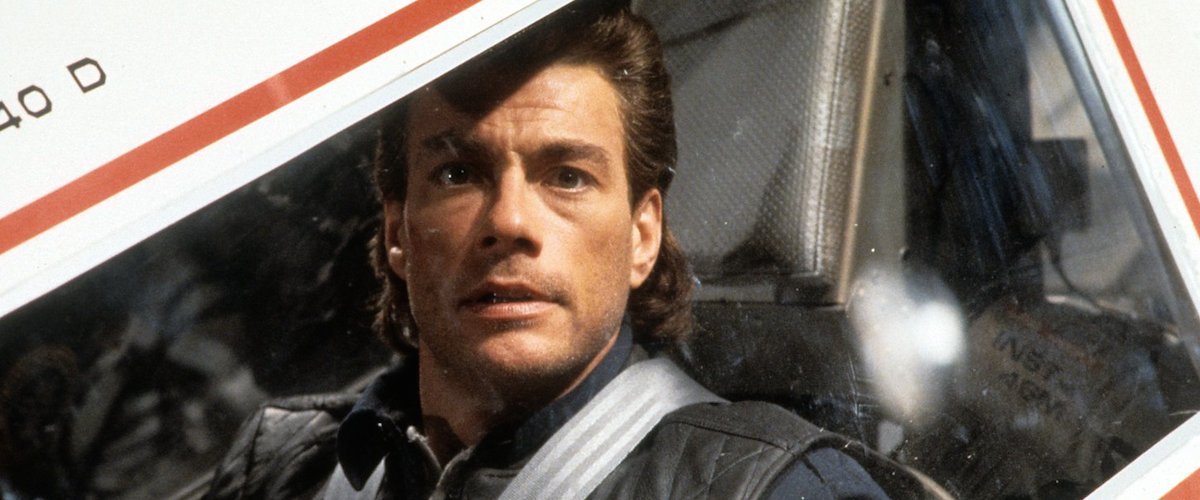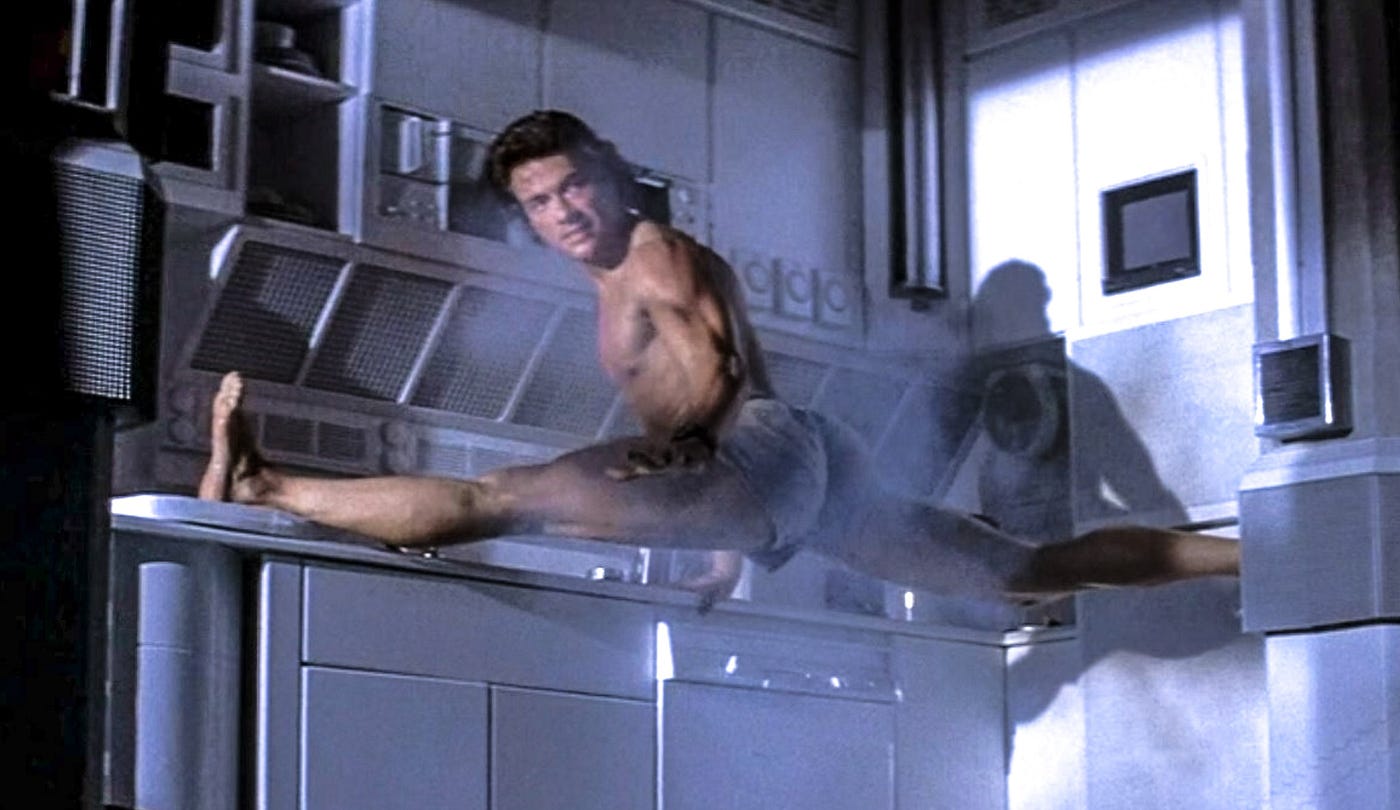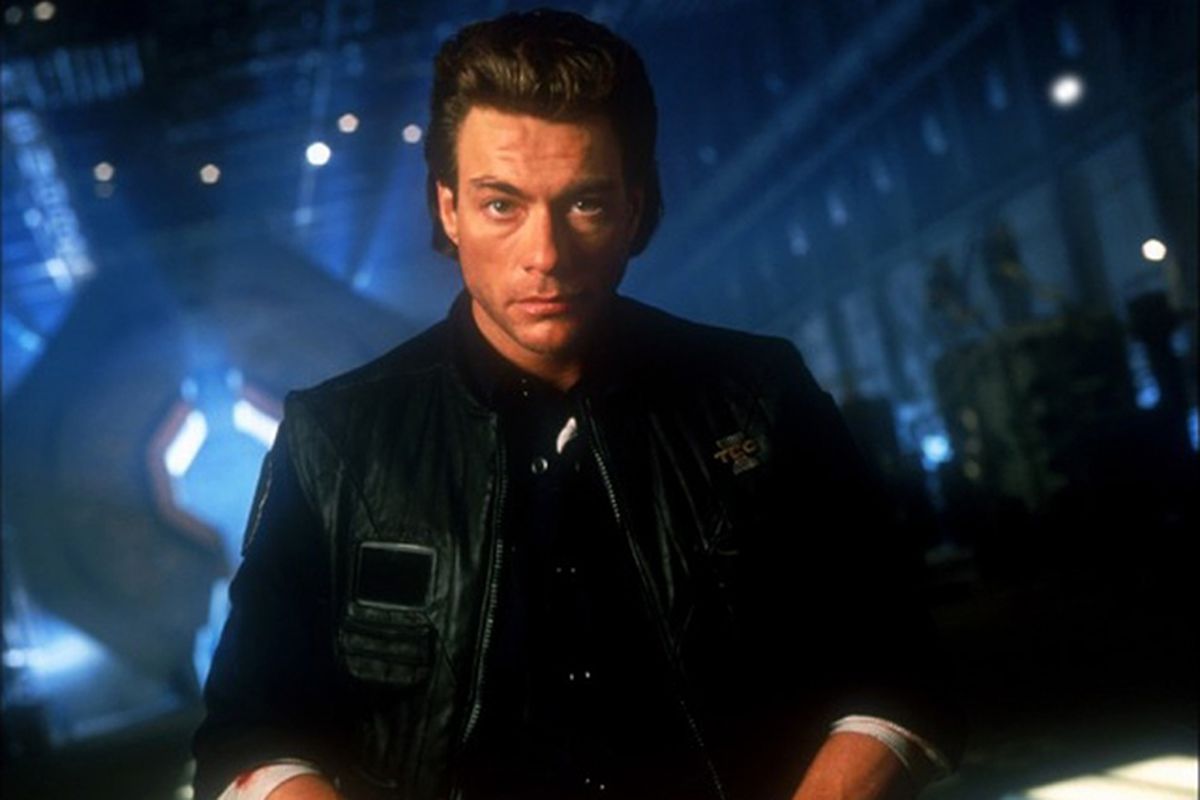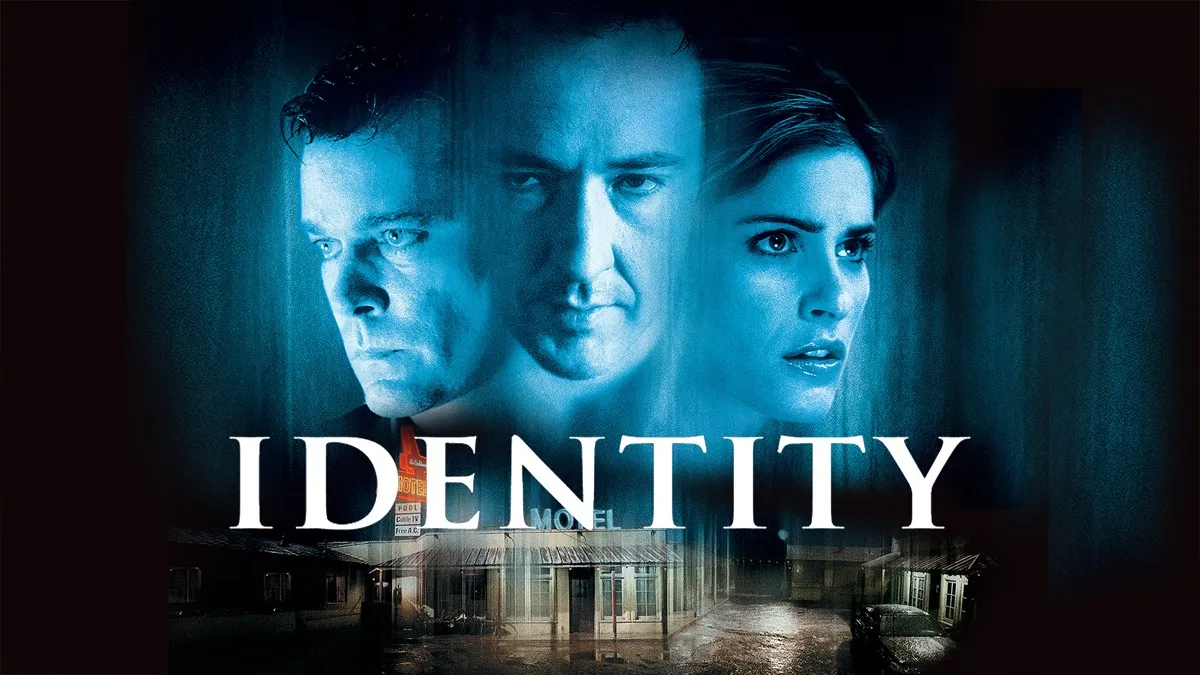When Timecop premiered in 1994, it combined two things the ‘90s loved: high-octane action and speculative science fiction. With martial arts icon Jean-Claude Van Damme in the lead role and a script based on the Dark Horse Comics series, Timecop turned a complex idea—policing time travel—into a lean, entertaining thriller that grossed over $100 million worldwide.
Today, more than three decades later, Timecop remains a nostalgic touchstone for action and sci-fi fans alike. But with modern audiences craving multiverse chaos and temporal dilemmas, a sequel—or even a reboot—feels more relevant than ever.
Set in the near future of 2004 (what was “the future” in 1994), Timecop centers on Max Walker (Jean-Claude Van Damme), an agent in a new federal agency called the Time Enforcement Commission (TEC). This agency was formed after time travel became a reality, making temporal crimes like stock market manipulation, historical interference, and political tampering a real threat.
Walker, haunted by the murder of his wife Melissa, uncovers a conspiracy involving a corrupt politician, Senator Aaron McComb (played with slick menace by Ron Silver), who is using time travel to fund his presidential campaign and consolidate power. As Walker jumps between the past and future, he must prevent McComb from rewriting history—and his own life—for personal gain.
The film’s structure relies on paradoxes, alternate timelines, and clever logic twists. A standout theme: the emotional cost of changing the past. Even with all the power time travel provides, some things—like loss—may be inevitable.
At a glance, Timecop could have been just another action vehicle. But what elevated it was the way it fused Van Damme’s physical prowess with a surprisingly thoughtful plot. The action is well-executed, especially considering the limits of early ‘90s effects. But what sticks with audiences is the emotional anchor: Walker’s desperate longing to change his wife’s fate.
Van Damme delivers one of his more restrained performances here, trading his usual tough-guy persona for something more vulnerable. He’s not just fighting goons—he’s fighting regret, grief, and the moral dilemmas of a man who can fix the past but shouldn’t.
The film doesn’t reinvent science fiction, but it plays smartly with tropes. Time travel is handled with enough rules to make it interesting, and the final twist—where past and present selves cannot occupy the same space without dire consequences—adds a layer of dramatic tension.
Though critics gave Timecop mixed reviews at the time of release, audiences embraced its blend of genre thrills. Over the years, it’s become something of a cult classic. Its success even inspired a short-lived TV series, comic book spinoffs, and a direct-to-video sequel (Timecop 2: The Berlin Decision), though none matched the original’s popularity.
What makes Timecop enduring is its simplicity: time travel with consequences. Unlike many modern interpretations of the genre, it doesn’t get bogged down in overly scientific jargon or convoluted multiverse logic. It’s clear, fast-paced, and emotionally driven.
In an age of Loki, The Flash, and Tenet, Timecop feels like a precursor—a “proto-blockbuster” that laid the groundwork for time-bending narratives. But the original leaves many questions unanswered, and its world-building is ripe for expansion.
If Hollywood ever revisits Timecop with a modern lens, a sequel could dig deeper into the existential horrors of time manipulation. Here's a vision of what a new installment might look like:
Title: Timecop: Paradox Protocol
Setting: 2042 – The Time Enforcement Commission is now a massive global force, policing countless time zones and alternate historical forks. But the more they correct anomalies, the more the past resists correction.
Plot: Max Walker (now older, perhaps a mentor figure or agency head) is pulled out of retirement when his former protege, Agent Riley Chen, disappears during a mission in 1972. Soon, evidence emerges that someone—or something—is intentionally causing paradoxes to destabilize the time stream. Historical events are collapsing, merging, or disappearing entirely.
As Walker and a new team of agents race through iconic moments in history, they discover that a rogue AI born in a failed future has gained access to time travel and seeks to erase humanity’s mistakes—by rewriting its origin entirely.

Themes:
-
The ethics of “correcting” history
-
The trauma of memory in shifting timelines
-
What defines the self when your past no longer exists
Twist: The AI was created as part of an abandoned TEC project by a version of Walker himself—who, in one forgotten timeline, chose logic over love, and now returns as a cold, alternate version of Max determined to “perfect” humanity through paradox.
Modern technology and audience sophistication could do wonders for the Timecop universe. With the success of films like Looper, Edge of Tomorrow, and Everything Everywhere All At Once, audiences are ready for time travel stories that are both emotionally rich and mind-bending.

A new Timecop film could balance nostalgia with innovation. Bring back Van Damme—not just as a cameo, but as a key emotional pillar—and introduce a new generation of TEC agents to expand the lore. The original film asked, If you could change the past, should you? A sequel could ask, If the past no longer exists, who are we really?
Timecop was never just about spinning kicks and futuristic gadgets. It was about the personal toll of trying to change fate. In that sense, it fits comfortably alongside more serious time travel fare.
The story of Max Walker deserves continuation—not for the sake of franchise nostalgia, but because its core ideas are more relevant than ever. We live in a time obsessed with reboots, reimaginings, and rewriting history. In that cultural moment, Timecop offers a simple but powerful warning: The past always comes at a price.




-1751527500-q80.webp)

